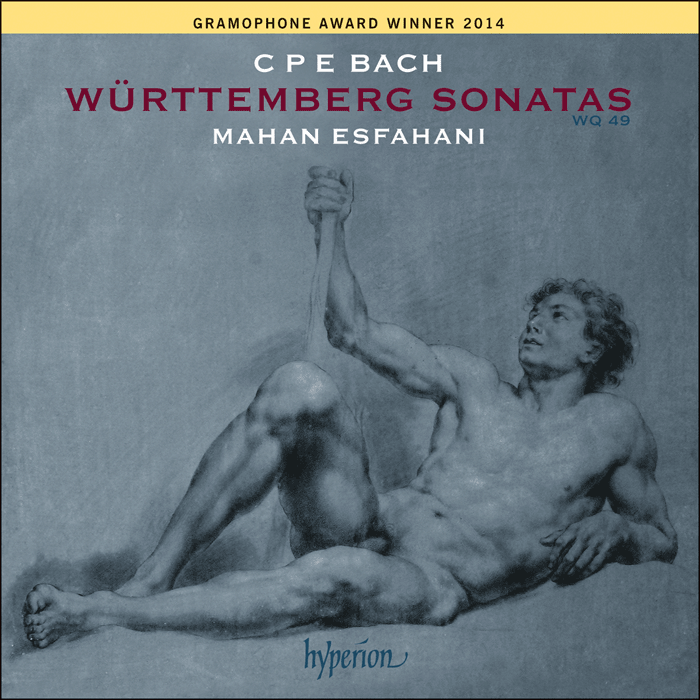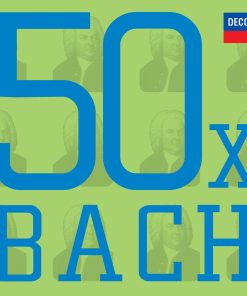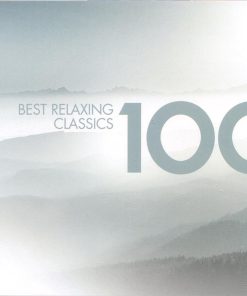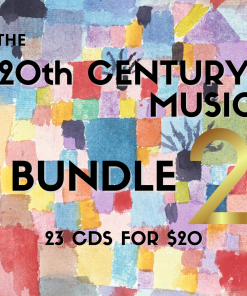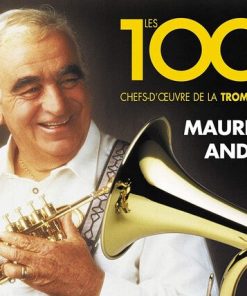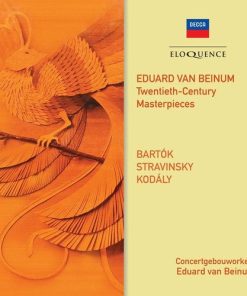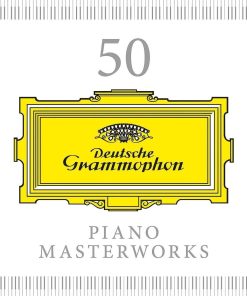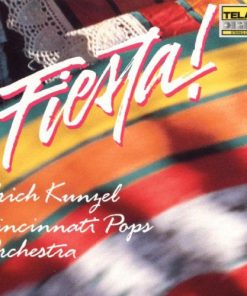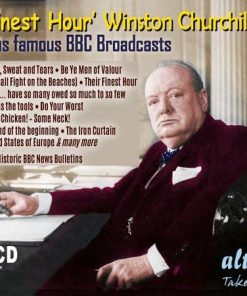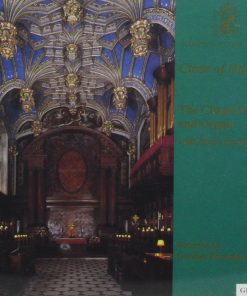BACH, C.P.E.: Wurttemberg Sonatas – Mahan Esfahani Hyperion
$ 20,99 $ 12,59

WÜRTTEMBERG SONATAS, WQ49
Sonata in A minor H30 Wq49/1[11’28]
1
Moderato[4’40]
2
Andante[3’13]
3
Allegro assai[3’35]
Sonata in A flat major H31 Wq49/2[13’07]
4
Un poco allegro[5’10]
5
Adagio[3’27]
6
Allegro[4’30]
Sonata in E minor H33 Wq49/3[13’54]
7
Allegro[6’03]
8
Adagio[4’12]
9
Vivace[3’39]
Sonata in B flat major H32 Wq49/4[12’30]
10
Un poco allegro[4’19]
11
Andante[3’42]
12
Allegro[4’29]
Sonata in E flat major H34 Wq49/5[12’12]
13
Allegro[5’22]
14
Adagio[3’23]
15
Allegro assai[3’27]
Sonata in B minor H36 Wq49/6[12’54]
16
Moderato[5’00]
17
Adagio non molto[4’22]
18
Allegro[3’32]

‘This Iranian-American has carved out a niche as his instrument’s leading champion … his success is founded on remarkable artistry’ (International Piano)
‘Such virtuosity and disarming presentation suggests that Esfahani could inspire a whole new appreciation of the instrument’ (The Guardian)
Hyperion is delighted to present the debut recording of the wonderful young harpsichordist Mahan Esfahani. He was the first harpsichordist to be named a BBC New Generation Artist or to be awarded a fellowship prize by the Borletti-Buitoni Trust.
Here Mahan Esfahani has recorded CPE Bach’s six ‘Württemberg’ sonatas, which were written in 1742–3 and published in 1744, and his thrillingly intense performances make the best possible case for this dramatic, beautifully written, endlessly imaginative but for some reason under-performed music. The sonatas range stylistically from initial stirrings of Sturm und Drang in keyboard music to sublime imitations of the human voice, with nods to the High Baroque and the idiom of CPE Bach’s more famous father. Mahan writes in his booklet notes that ‘Carl Philipp Emanuel Bach makes the most combative statement possible to assert his new musical language’.
Fast Shipping and Professional Packing
Due to our longstanding partnership with UPS FedEx DHL and other leading international carriers, we are able to provide a range of shipping options. Our warehouse staff are highly trained to pack your goods exactly according to the specifications that we supply. Your goods will undergo a thorough examination and will be safely packaged prior to being sent out. Everyday we deliver hundreds of packages to our customers from all over the world. This is an indication of our dedication to being the largest online retailer worldwide. Warehouses and distribution centers can be located in Europe as well as the USA.
Orders with more than 1 item are assigned processing periods for each item.
Before shipment, all ordered products will be thoroughly inspected. Today, most orders will be shipped within 48 hours. The estimated delivery time is between 3-7 days.
Returns
The stock is constantly changing. It's not entirely managed by us since we are involved with multiple parties such as the factory and our storage. The actual stock can fluctuate at any time. Please understand it may happen that your order will be out of stock when the order is placed.
Our policy is valid for 30 days. If you haven't received your product within 30 days, we're not able to issue either a return or exchange.
You are able to return a product if it is unused and in the same condition when you received it. It must also still remain in the original packaging.
